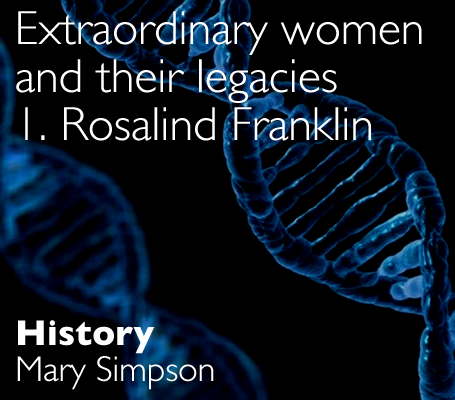Scotland’s Independent Commentary & Analysis
Latest Articles

Entertainment
Best Online Casinos: My Honest Picks After 15 Years of Playing
These are the best online casinos I found after testing 15 UK sites with real money over 15...
19 Feb 2026 · Scottish Review

Sport
Scotland Beat England at Murrayfield and All Is Right with the World
There are victories, and then there are Calcutta Cup victories. Scotland beating England at Murrayfield on February 7th...
18 Feb 2026 · Scottish Review

Sport
Scottish Cup Quarter-Finals Are Set — But Can You Actually Watch Them?
The Scottish Cup Fifth Round is done, the Quarter-Final draw is confirmed, and the usual suspects have progressed....
18 Feb 2026 · Scottish Review

Culture
BBC ALBA’s New Gaelic Quiz Show Is Exactly What Scottish TV Needs
I’ll be honest — when I heard BBC ALBA was launching a quiz show, my expectations were modest....
18 Feb 2026 · Scottish Review

Food & Drink
Two Highland Restaurants Just Won Michelin Stars and I Could Not Be Happier
For years, if you wanted a Michelin-starred meal in Scotland, you went to Edinburgh. Maybe Glasgow if you...
18 Feb 2026 · Scottish Review

Politics
The Great Holyrood Scramble: SNP MPs Are Jumping Ship Before May
There’s something almost theatrical about watching politicians reinvent themselves. With the Scottish Parliament election set for May 7th,...
18 Feb 2026 · Scottish Review




















